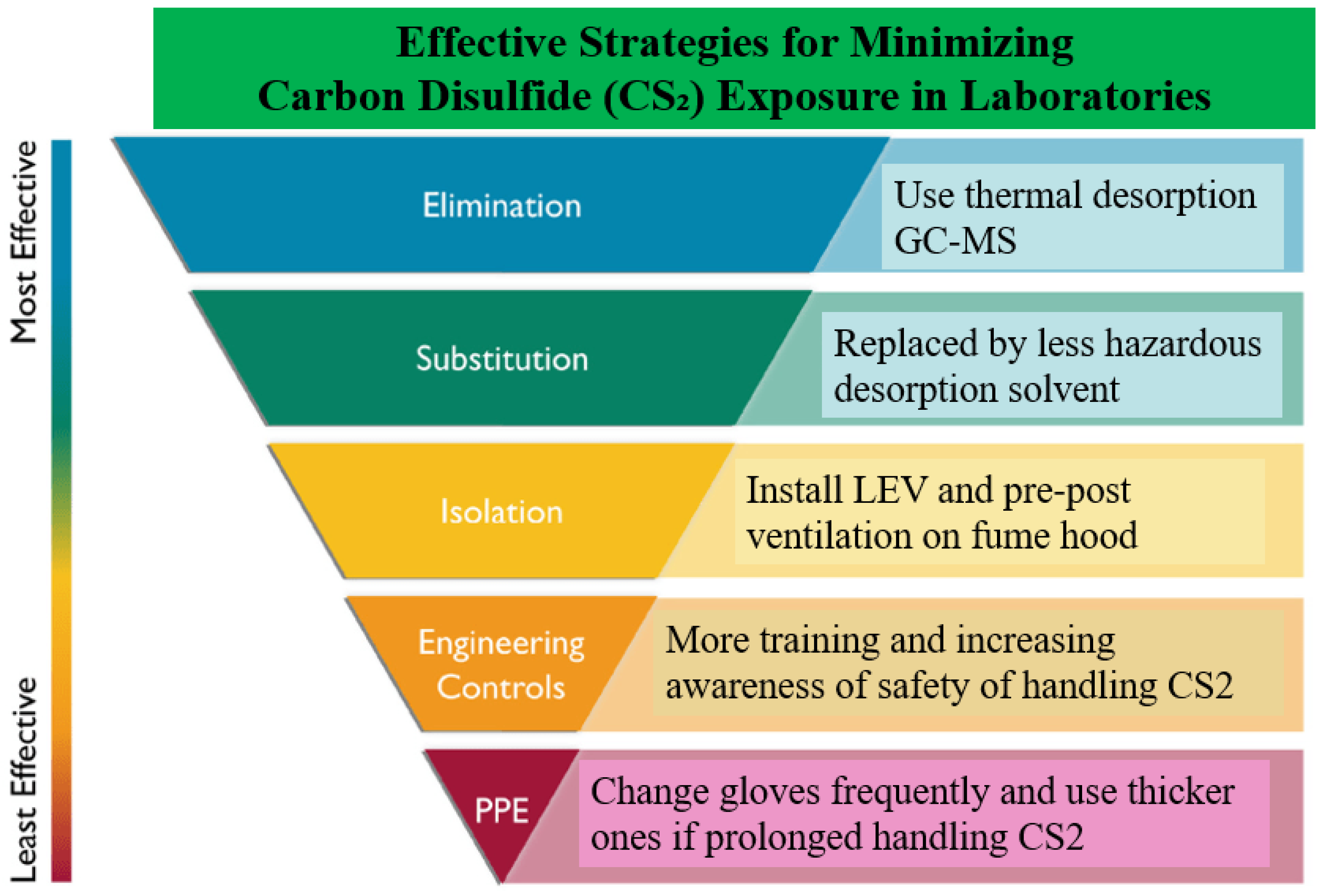Cool Orologi: Timeless Trends
Explore the fascinating world of watches and timepieces.
When CS2 Becomes a Game of Toxicity
Discover how the competitive spirit of CS2 leads to toxic behavior and what you can do to combat it. Dive into the dark side of gaming!
Understanding the Rise of Toxicity in CS2: Causes and Effects
The rise of toxicity in CS2 can be attributed to several factors. Firstly, the competitive nature of the game amplifies stress and frustration among players, often leading to aggressive behavior. Additionally, the anonymity provided by online gaming allows individuals to act without accountability, leading to a culture where respectful communication is sidelined. Peer pressure also plays a significant role, as players feel compelled to conform to the toxic behavior of their teammates to fit in or gain acceptance within the gaming community.
The effects of this growing toxicity are multifaceted. Primarily, it affects the mental well-being of players, as constant exposure to negative interactions can lead to increased anxiety and decreased enjoyment of the game. Furthermore, an inhospitable environment may deter new players from joining or continuing with CS2, ultimately stagnating the growth of the player base. As the community grapples with these challenges, it becomes imperative to foster a more positive gaming culture, ensuring that CS2 remains an enjoyable experience for all.

Counter-Strike is a highly popular first-person shooter game that emphasizes team-based tactical gameplay. Players can enhance their gaming experience by learning how to show fps cs2 to ensure they are performing optimally in different situations. With its competitive scene and various game modes, Counter-Strike continues to attract millions of players worldwide.
Tips to Combat Toxic Behavior in CS2: How Players Can Make a Difference
Toxic behavior in CS2 can significantly hinder the gaming experience for everyone involved. To combat this issue, players must first lead by example. Communicating positively with teammates can foster a more supportive atmosphere. Whenever possible, offer constructive criticism instead of insults. For instance, if a teammate makes a mistake, consider saying something like: 'Hey, I noticed you were trying to rush the site; maybe we should coordinate better next time.' This helps to maintain morale and encourages others to respond positively as well.
Additionally, it's important to utilize the reporting system effectively. If you encounter persistent negative behavior, make sure to report it to the game developers. Documenting instances of toxicity can lead to more severe consequences for the offenders, which in turn, cultivates a healthier gaming environment. Moreover, focus on surrounding yourself with players who share your values; creating or joining positive communities online can make a significant difference in your overall gaming experience.
Is CS2 Becoming Toxic? Exploring Community Feedback and Solutions
The recent release of CS2 has sparked a heated debate within the gaming community regarding whether the atmosphere surrounding the game is becoming increasingly toxic. Many players have taken to forums and social media to express their concerns about negative behavior such as harassment, trolling, and unsportsmanlike conduct. This shift in community dynamics has been documented in various feedback threads where users share personal experiences, highlighting a trend that could detract from the overall enjoyment of the game. Understanding the causes of this toxicity is essential for addressing the issue effectively.
In response to these concerns, developers and community leaders are actively exploring solutions to foster a healthier environment for players. Initiatives such as improved moderation tools, stricter penalties for toxic behavior, and the implementation of player feedback mechanisms are being discussed. CS2 could benefit from engaging with its community to identify specific pain points and craft a tailored approach to mitigate toxicity. As players continue to voice their opinions, it remains crucial for all stakeholders to collaborate on strategies that promote positive interactions and enhance the gaming experience for everyone.